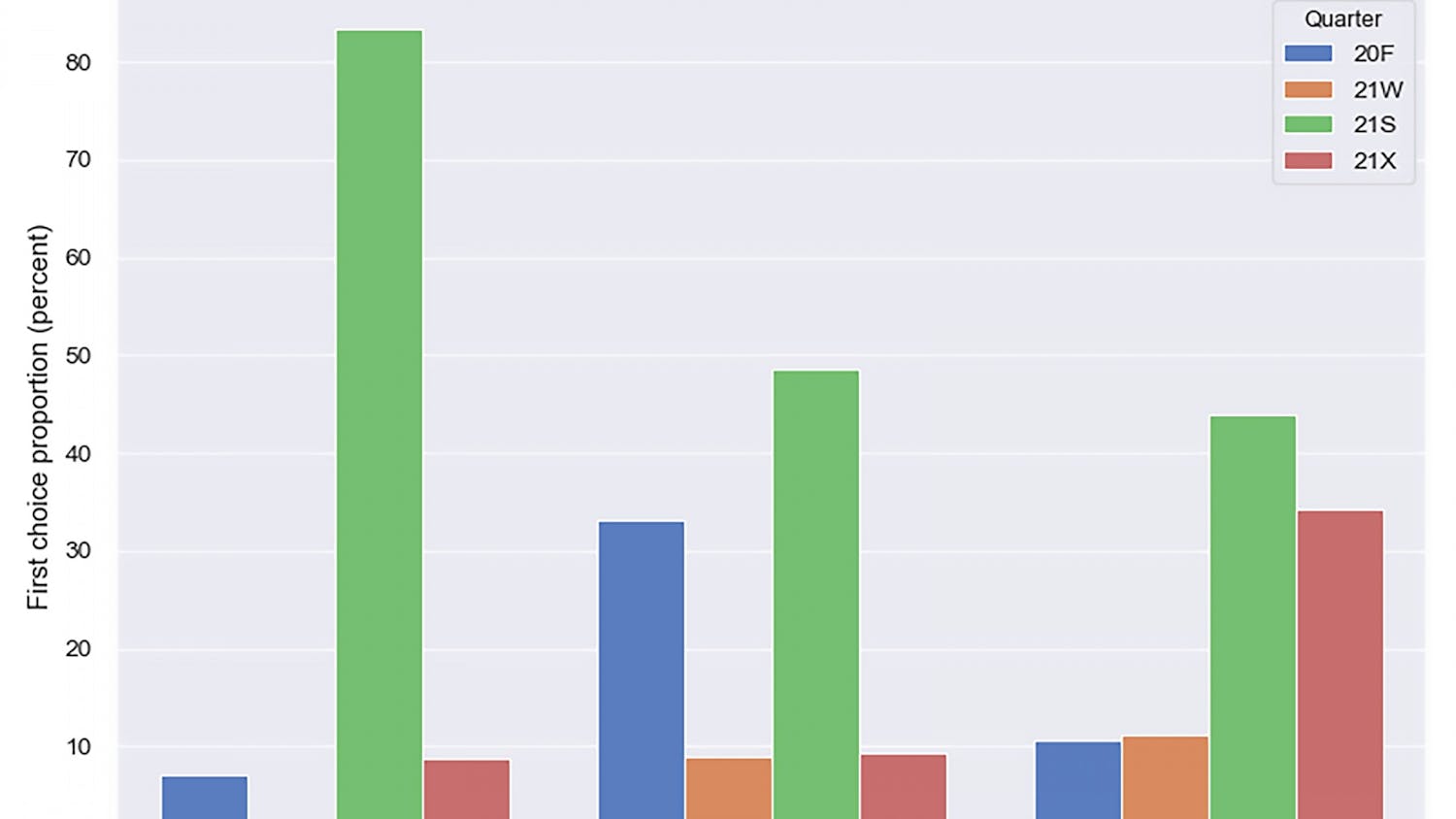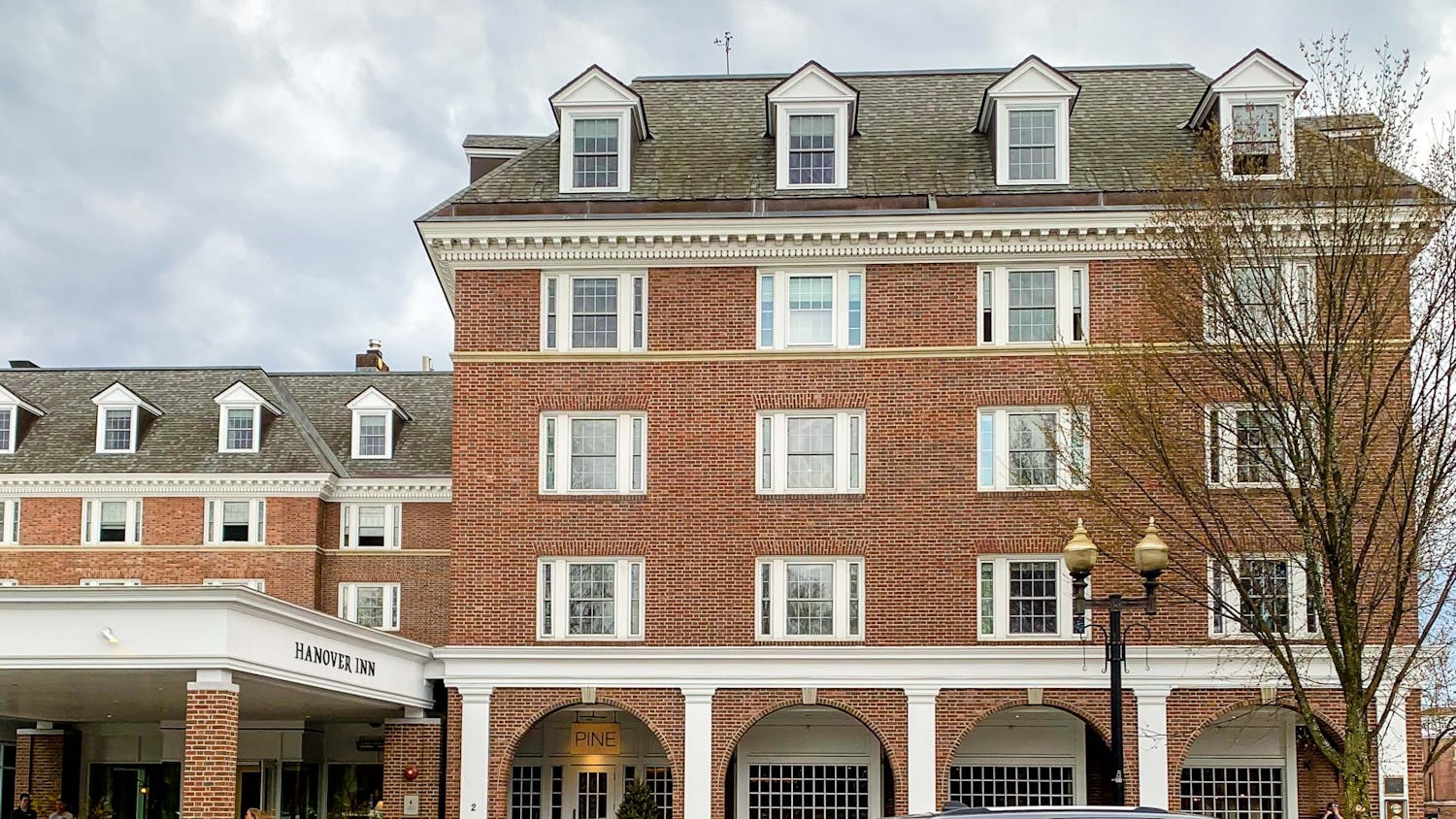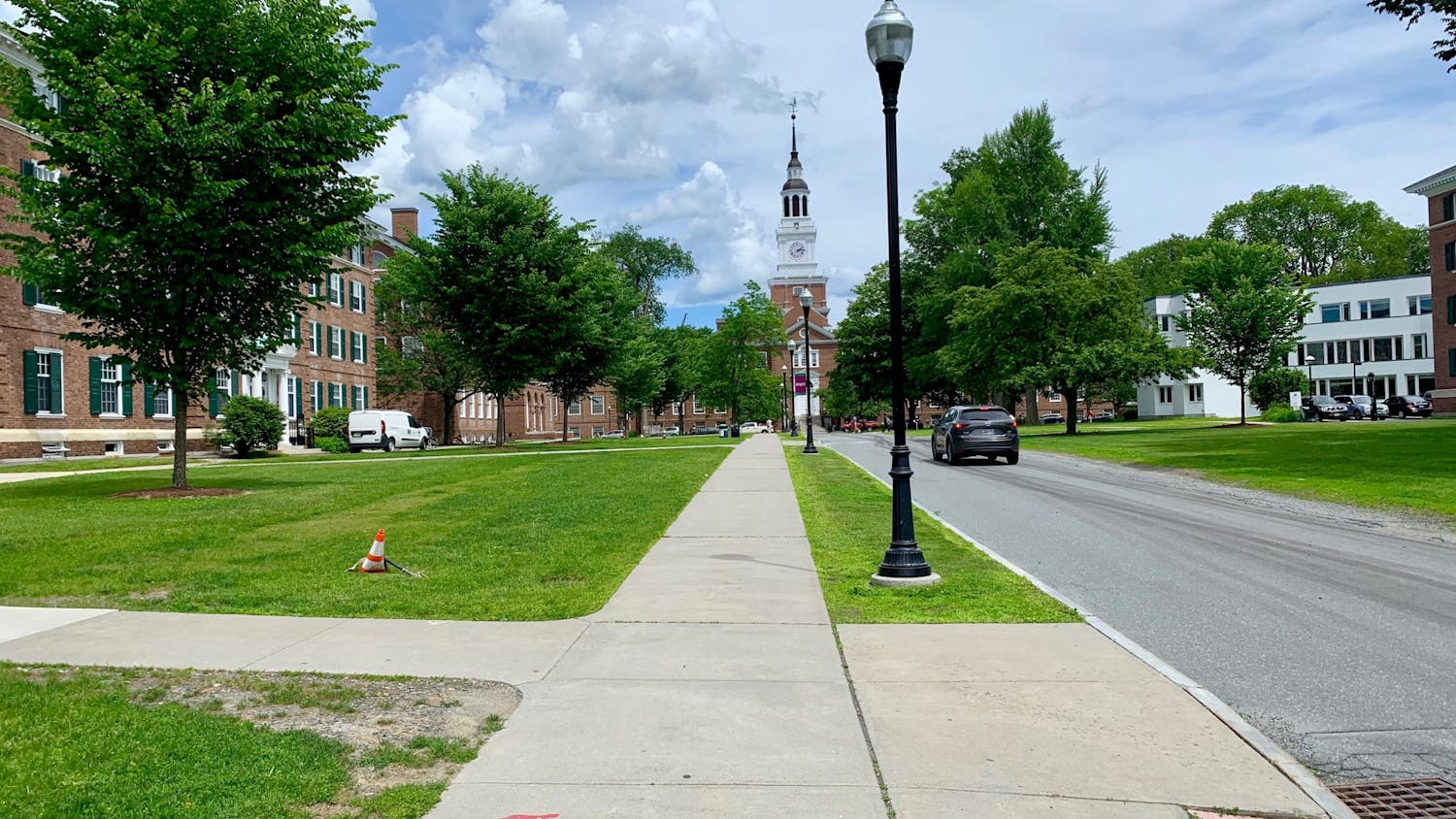COVID-19 has put a great economic and emotional strain on the country. Lives have been put on hold as we wait patiently for the day when social interactions are once again possible. But for students, whose four short years in college are so professionally and personally pivotal, it feels less like life put on hold and more like lost time. The virus has created educational obstacles for all students. But as this unofficial sophomore summer has made strikingly clear, those educational barriers are not blind to privilege. The COVID-19 pandemic has exposed clear structural inequities at Dartmouth that disadvantage its most vulnerable.
Significant inequities have existed from the beginning of remote learning in the spring term. Students with quiet work spaces at home, high speed internet access and no obligations to care for family members are the students who are most supported to succeed in online courses. Less privileged students, without private work space and without fast Internet connection, have a much more difficult time studying from home. The College’s early attempt at creating some level of equity was to offer all courses as CT/NC for the spring term. Now, with some students back in Hanover for the summer and the resumption of normal grading, the inequity has grown.
Ironically, the students who serve to benefit the most from living and studying in Hanover are the very students prevented from doing so. In a regular on-campus term, Dartmouth manages to support its low-income students with programs that attempt to create a more equitable education. Students have access to library, tutoring and support resources through programs like FYSEP. But now, with dorms closed for the summer, accessing Dartmouth’s on-campus resources requires students to afford rent in the overvalued Hanover housing market. The few options for off-campus residence are restricted to the most privileged students. Those who are in the best position to work remotely, who have homes and resources to support their academics at home, are the students who are able to take advantage of being in Hanover for the summer, where they have access to quiet study spaces, can utilize the library’s resources and can collaborate in person with classmates. Those from disadvantaged backgrounds, who cannot afford off-campus residence or who rely on Dartmouth’s financial aid to fund room and board, are denied a summer in Hanover — an opportunity that would help lessen the significant barriers to online education that they face.
Not only has this situation been harmful to the academic success of many Dartmouth students, but it also fixes a condition of privilege to the Dartmouth experience. Living in Hanover, socializing with friends, eating at Lou’s and hiking Gile are just as much a part of Dartmouth as the courses. What began this summer, and what will surely persist for the entire 2020-2021 academic year, are functionally two different Dartmouth experiences. At Dartmouth, access to the “new normal” college experience is reserved only for privileged students. When you can afford to live off campus, you get to salvage a sophomore summer. You get three terms in Hanover safe from the college’s big brother isolation policies. When you have financial resources to support online learning, your education is not put on hold.
For less fortunate students, the next academic year looks much more bleak. The College’s decades-long failure to invest in sufficient housing has caused a housing crisis, and the proposed remedy is to give students a maximum of two terms of on-campus residence. Living in a dorm, however, comes with heavy restrictions on social interactions that the College cannot impose on students living off-campus. For students who cannot afford off-campus housing, Dartmouth next year means at-home studies with resource disadvantages and a socially-isolated on-campus experience.
The College must address how its response to COVID-19 has made Dartmouth an institution of severe inequity. The College must ensure that access to Dartmouth is not a commodity exclusively reserved for its most privileged students. To avoid widening the educational gap, Dartmouth has a responsibility to further invest in its most vulnerable students or risk contradicting the school’s mission to support “outstanding students from all backgrounds, regardless of their financial means.” It remains to be seen whether Dartmouth will do more than pay lip service.



